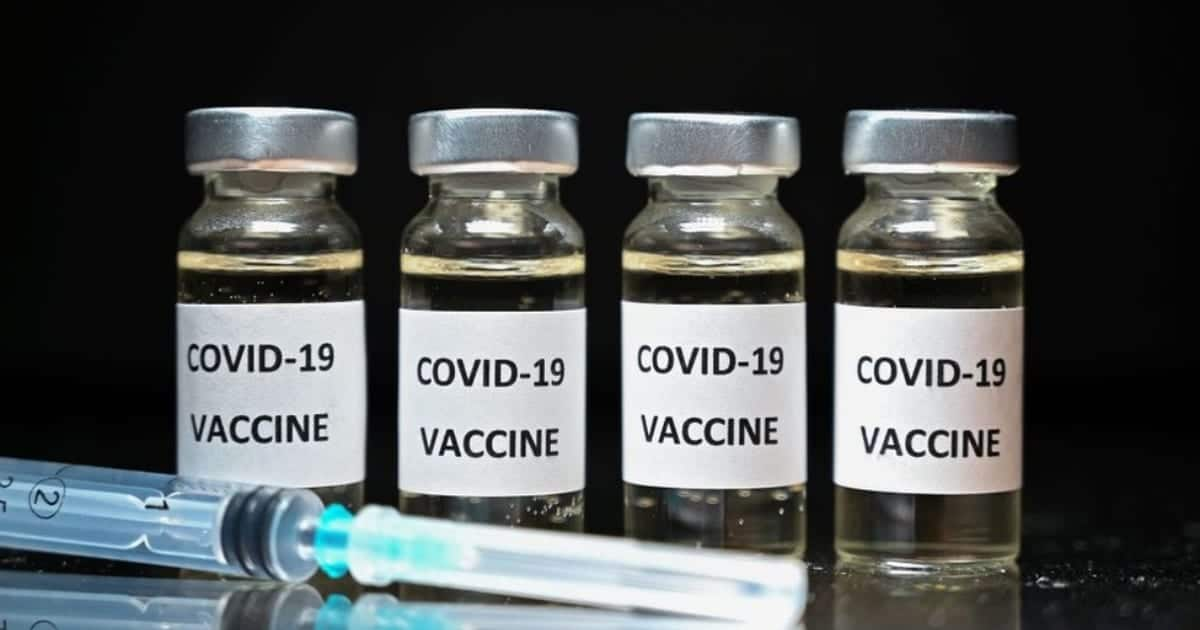
you feel pain or pressure in your chest.you have an expected side effect of the vaccine which has not gone away after a few days.Vaccines available and recognised in Australia.Pfizer, Moderna, and Novavax vaccines do not contain any milk, egg, latex, pork, or pork products such as gelatine.It takes up to 14 days after a dose to be protected against COVID-19.Most people need three doses to maintain immunity from the virus that causes COVID-19.None of the vaccines contain the live virus and cannot give you COVID-19.After you are vaccinated, your immune system recognises and attacks the virus when you are exposed to it.There are three approved COVID-19 vaccines available in Australia: Pfizer External Link (mRNA), Moderna External Link (mRNA), and Novavax External Link (protein-based).

All three either deliver or cause our bodies to make harmless proteins like the ones found on the surface of the COVID-19 virus and starts to build an immune response against the virus.

Jill Weatherhead told Goats and Soda a few weeks ago: "You don't want to be taking medicine you don't need," adding, "If you develop symptoms afterward, then at that point it's certainly OK to take some sort of pain relief to help control symptoms." Even though that finding hasn't been confirmed in humans, experts suggest being safe just in case.Īnd if you develop a headache or your arm is sore after a vaccine inoculation? As Dr. The general concern is that painkillers will blunt the effect of vaccines, as some studies have documented in mice. That's why both Karan and Sonali Advani, an assistant professor of medicine at Duke University, point to Centers for Disease Control and Prevention guidelines, which recommend against taking over-the-counter medicine (like ibuprofen, aspirin or acetaminophen) to prevent vaccine-related side effects unless you would already do so regularly for other important health reasons. So until that information surfaces, it's difficult to draw concrete conclusions about how painkillers affect the ability of vaccines to do their work. According to Harvard Medical School physician Abraar Karan, there's yet to be comprehensive data analyzing the effect of painkillers on vaccine efficacy in humans. These are tricky questions, because the information we have is limited.

OK to take a painkiller beforehand? What about immediately after the shot as a preemptive measure against possible side effects? But as more people sign up for their vaccines, we keep getting questions. The topic of painkillers is one we've covered before in the blog. "The schedules are different for both as well." According to the Centers for Disease Control and Prevention, the "safety and efficacy" of mixing vaccines regimens have yet to be evaluated – so play it safe, and follow the straight-and-narrow. "If your first dose was Moderna, the second dose must be as well," he advises. Harvard Medical School physician Abraar Karan adds that though doses in two-step regimens are identical, it's important not to mix between the vaccines. Because your body isn't experienced in dealing with the COVID virus antigens, "the second serves as a booster of your immune response," Advani says, ensuring that your immune system pumps out enough antibodies to tackle invading viral threats. "The first dose serves as the primer," Advani explains – kicking off your body's initial immune response to the virus. But each dose does play a slightly different function in protecting your body from COVID-19.

For the two-dose Pfizer and Moderna vaccines, the chemical content is identical and so is the dosage, says Sonali Advani, an assistant professor of medicine at Duke University. Is the first dose different from the second?


 0 kommentar(er)
0 kommentar(er)
